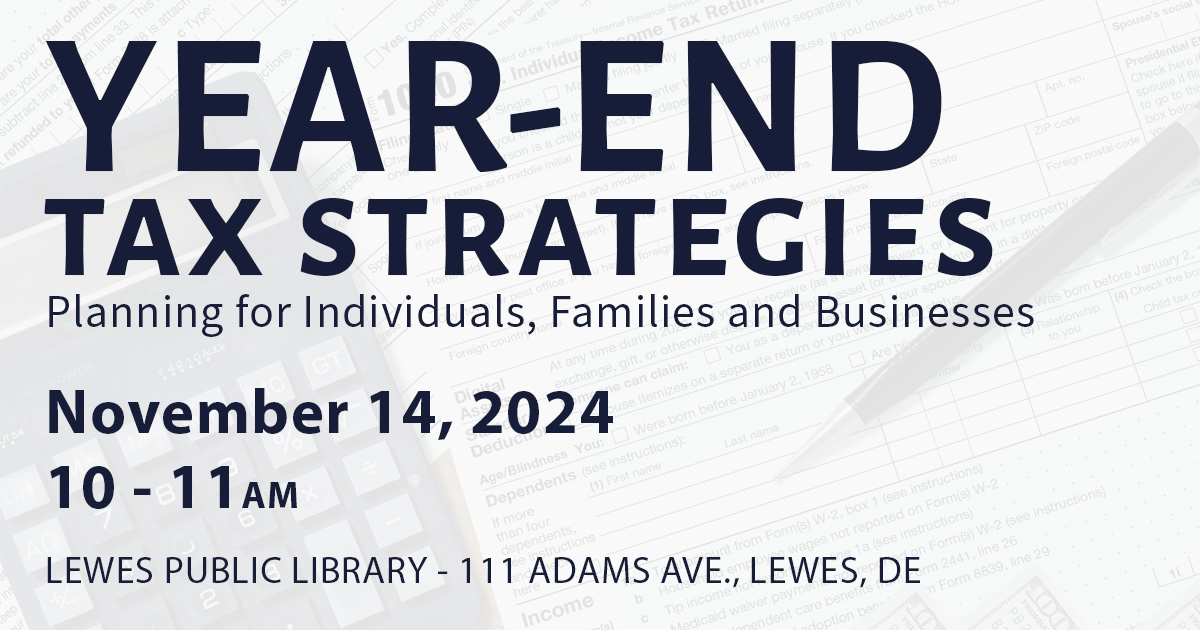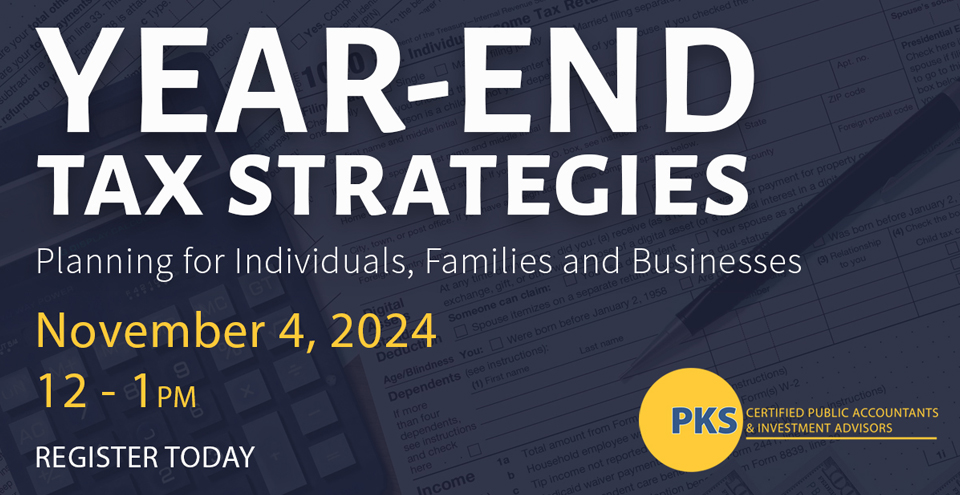If your business was forced to close due to the pandemic, you may be itching to get back in the game. Or maybe you’re looking to fulfill a lifelong dream of running a business for the first time. In any event, there’s been a recent uptick in the number of people starting small businesses.
Uncle Sam encourages entrepreneurship by offering various federal income tax breaks for self-employed individuals. Here are seven deductions that may provide sizeable benefits for people who are self employed.
1. Health Insurance
Years ago, self-employed individuals couldn’t deduct the full amount of their health insurance premiums, like corporate entities could. But the playing field has been leveled.
For 2021, you can write off all your health insurance premiums, including those incurred for yourself, your spouse and dependents under age 27. This applies to premiums for health, dental and long-term care insurance. As a bonus, this deduction is claimed “above the line” on your personal tax return. So, it reduces your adjusted gross income for other tax purposes.
2. Retirement Plan Contributions
Not only can self-employed individuals accumulate retirement assets on a tax-deferred basis, they can also write off current contributions within generous limits. As with health insurance premiums, retirement plan contributions made by self-employed individuals are deductible “above the line.”
Your retirement plan options range from easy-to-administer plans — such as Simplified Employee Pension (SEPs) or Savings Incentive Match Plans for Employees (SIMPLEs) — to more-complicated solo 401(k) plans and Keogh plans specifically designed for self-employed individuals. Generally, the limits are the same as they are for comparable employer-sponsored plans.
3. Home Office Deductions
Currently, you can’t deduct home office expenses if you’re a corporate employee, but self-employed individuals may be eligible for a significant deduction. This represents a clear advantage for self-employed people.
To qualify, you must use the home regularly and exclusively as your principal place of a business or a place to meet or deal with clients, customers or patients in the normal course of business. If you have no fixed place of business, you may qualify if you do administrative work at home.
The deduction is based on the business-use percentage. For example, if you use 10% of your home’s square footage for business, you can deduct 10% of your indirect expenses — such as utilities, repairs and insurance — plus 100% of your direct expenses, such as painting the office or installing window coverings. In addition, you can claim a generous depreciation allowance under IRS tables.
There’s also a simplified method that’s allowed under the tax law: You can deduct $5 for each square foot of home office space, up to a maximum total of $1,500. Be aware that you may switch between the traditional and simplified methods from year to year. Once you pick, you aren’t locked into either method for future tax years.
4. Business Vehicles
Do you drive your personal vehicle for business purposes? Even though you may also use the same vehicle for personal driving, you can deduct vehicle costs attributable to business travel, based on the percentage of business use.
For example, suppose you use your car 80% for business driving in 2021. That means you can deduct 80% of your vehicle costs — such as gas, repairs and insurance — plus a generous depreciation allowance, subject to certain limits for “luxury cars.” And, if you buy the car in 2021, you may also qualify for a Section 179 deduction and 100% bonus depreciation.
Be aware that the IRS is a stickler for documentation. Briefly stated, you must keep a contemporaneous log listing every business trip and proof of your expenses. Alternatively, you can cut down the recordkeeping by using the standard mileage rate of 56 cents per business mile (plus business-related tolls and parking fees) in 2021.
5. Business Travel
As pandemic-related restrictions loosen, you may start taking long-distance trips for business reasons. Self-employed people can deduct travel expenses, including round-trip airfare, hotel costs, meals and other incidentals (such as tips and cab fares).
The primary purpose of your trip must be business-related. So, you can spend a little time on personal pursuits while you’re away, but this can’t be a disguised vacation. As with business vehicle expenses, the IRS imposes strict recordkeeping rules.
6. Business Meals
You can generally deduct the cost of your meals while you’re traveling away from home on business. But recent legislative changes have affected deductions for meals.
Normally, deductions for business meals were limited to 50% of the cost. However, under the Tax Cuts and Jobs Act, the deduction for business entertainment expenses, including certain meals, was repealed, beginning in 2018. The IRS subsequently established that 50% the cost of qualified business meals incurred in connection with entertainment — such as food and beverages bought for a client at a sporting event — remains deductible if charged separately from the entertainment.
For 2021 and 2022 only, the Consolidated Appropriations Act increases the deduction for qualified business meals to 100%. This temporary change applies only to food and beverages provided by a restaurant.
7. Self-Employment Tax
A self-employed individual is responsible for paying self-employment tax, the equivalent of the federal payroll taxes for employees. As with employees, the Social Security portion of self-employment tax is imposed on amounts up to an annual threshold ($142,800 for 2021).
But self-employed people must pay both the employer’s and employee’s share of federal payroll taxes. That means the 15.3% tax rate for self-employment tax is double the 7.65% rate for employees. But you can deduct half of the self-employment tax on your personal return. This deduction is claimed “above the line.”
Just a Teaser
These are just a handful of valuable tax breaks that are available to self-employed individuals. There are many more, but some tax-saving strategies require forethought. Contact your tax advisor to plan for the 2021 tax year.
PKS & Company, P. A. is a full service accounting firm with offices in Salisbury, Ocean City and Lewes that provides traditional accounting services as well as specialized services in the areas of retirement plan audits and administration, medical practice consulting, estate and trust services, fraud and forensic services and payroll services and offers financial planning and investments through PKS Investment Advisors, LLC.
© Copyright 2021. All rights reserved.
Brought to you by: PKS & Company, P.A.





